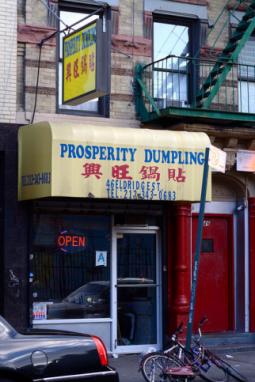
An evening with Bob Jene to compare the Georgist fiscal reform to the TARP bailout, “Fair Tax,” Flat Tax, Bush tax cuts and government money creation. A gist of each proposed or attempted solution to the “great recession” will be given including QE I, QE II and QE III. Attendees will rank the proposed remedies on a scale of 1 to 10 based on 8 criteria.
Approaching Henry George’s ideas from a moral and practical perspective as the right way to do away with poverty. Conceived and presented by Henry George School instructor George Menninger.
Approaching Henry George’s ideas from a moral and practical perspective as the right way to do away with poverty. Conceived and presented by Henry George School instructor George Menninger.
Picking up where we left off last meeting, the Political Economy Book Club will complete its discussion of Book V of Adam Smith’s classic Wealth of Nations. This section focuses on taxes. RSVP appreciated to rjmatter@gmail.com

With state and local governments in financial disarray, they might want to evaluate the big tax breaks given to owners of Illinois farmland. Chuck Metalitz will present a [forthcoming] HGS Research Note discussing the potential benefits of a realistic tax rate on farmland, including an estimate the amount of land which would move out of state as a result of higher taxes.
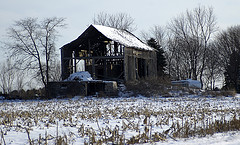
As farmland yields to “higher-value” uses, how (and how well and how inexpensively) will we eat? Bob Jene reviews data from a leading agricultural preservation organization, the American Farmland Trust (AFT). Among other things they buy development rights from landowners to insure continued farming use, and attempt to facilitate community supported agriculture which makes family farms more viable. A Georgist fiscal reform encourages more conservative and productive use of all land and reduces sprawl, thus preventing encroachment on farmland. An alliance with AFT would benefit us both.
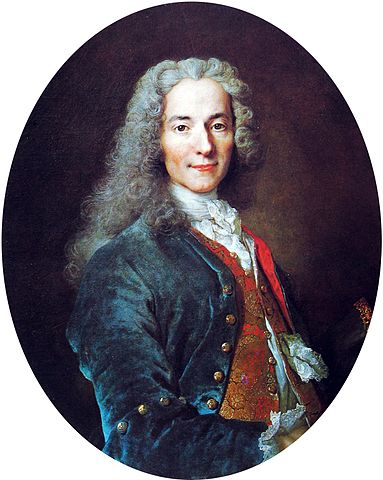
America’s only Political Economy Book Club discusses Candide, Voltaire’s 1759 masterpiece that ridicules religion, theologians, governments, armies, philosophies and philosophers through allegory. As Jean Starobinski notes,”The fast-paced and improbable plot—in which characters narrowly escape death repeatedly, for instance—allows for compounding tragedies to befall the same characters over and over again.”
It’s only a hundred pages or so depending on the translation and format, and is available in English translation free from Project Gutenberg (in several formats) as well as from the Internet Archive, where there is also an audiobook.
PEBC coordinator Bob Matter would appreciate an RSVP, if possible, from those planning to attend.
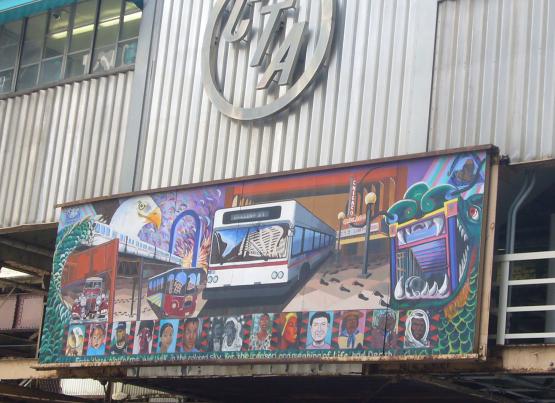
Right on the streets of every American community, robbery takes place every working day. You might not realize how much value the people of Chicago (and every other community) create, simply by going about our daily activities. What is this wealth, how do we create it, and where does it go?
Originally conceived as a field trip for Progress & Poverty students, this stroll — about 2 km and 90 minutes — presents some answers for those interested in finding out. Additionally, we’ll take a look at recovered loot of a long-ago theft, learn how Thomas Jefferson would have solved the problem of financing Chicago’s public schools, and see an economic development incentive that costs less than nothing. We might stop for snacks along the way (individual settlement).
Detailed sourced notes will be provided. This is now a free tour, no donation required, although we do appreciate (tax-deductible) contributions from those who can afford it and find the event worthwhile.
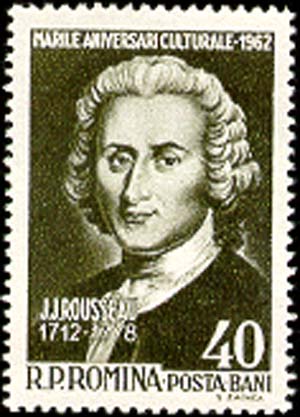 We’ll discuss Jean-Jacques Rousseau’s Discourse on the Origin and Basis of Inequality Among Men. Rousseau sets out to demonstrate how the growth of civilization corrupts man’s natural happiness and freedom by creating artificial inequalities of wealth, power and social privilege. Contending that primitive man was equal to his fellows, Rousseau believed that as societies become more sophisticated, the strongest and most intelligent members of the community gain an unnatural advantage over their weaker brethren, and that constitutions set up to rectify these imbalances through peace and justice in fact do nothing but perpetuate them. Rousseau’s political and social arguments in the Discourse were a hugely influential denunciation of the social conditions of his time and one of the most revolutionary documents of the eighteenth-century.
We’ll discuss Jean-Jacques Rousseau’s Discourse on the Origin and Basis of Inequality Among Men. Rousseau sets out to demonstrate how the growth of civilization corrupts man’s natural happiness and freedom by creating artificial inequalities of wealth, power and social privilege. Contending that primitive man was equal to his fellows, Rousseau believed that as societies become more sophisticated, the strongest and most intelligent members of the community gain an unnatural advantage over their weaker brethren, and that constitutions set up to rectify these imbalances through peace and justice in fact do nothing but perpetuate them. Rousseau’s political and social arguments in the Discourse were a hugely influential denunciation of the social conditions of his time and one of the most revolutionary documents of the eighteenth-century.
Henry George was evidently familiar with these ideas but didn’t fully agree with Rousseau.
Multiple English translations of Discourse on Inequality are available free , as is at least one audiobook.
Political Economy Book Club meetings are free and open to everyone, tho donations to help pay the rent are appreciated. PEBC Coordinator Bob Matter requests an RSVP at the phone number or email above.
